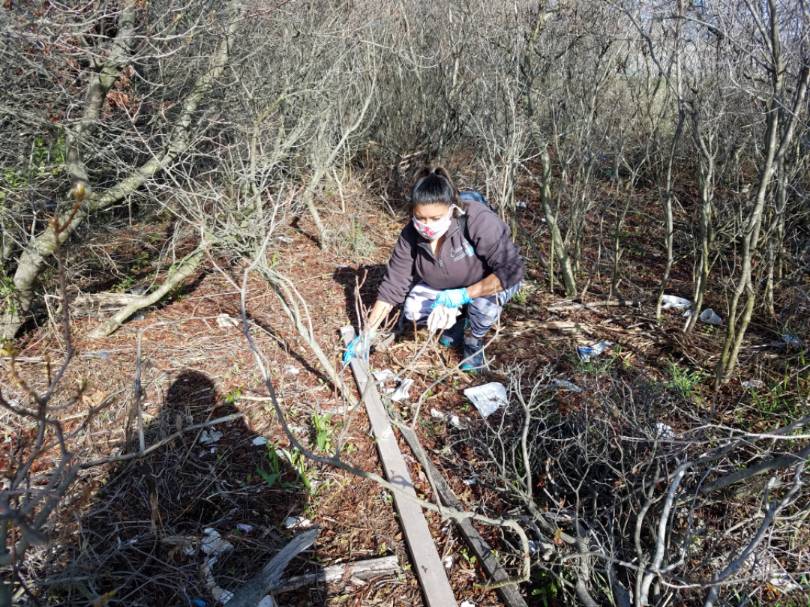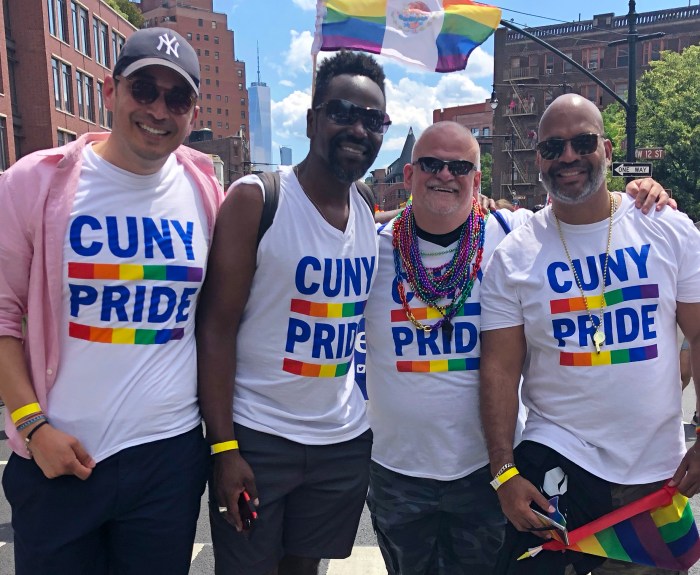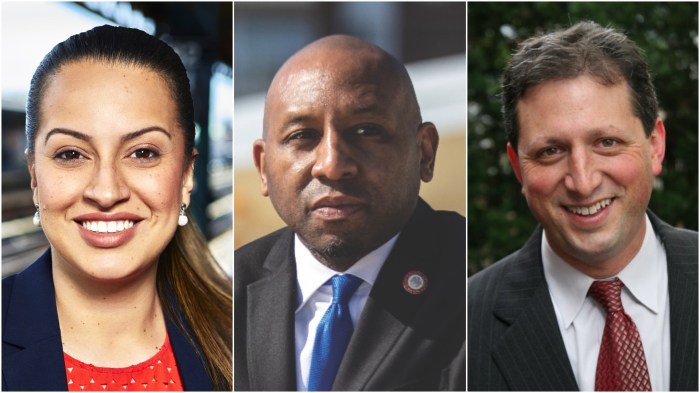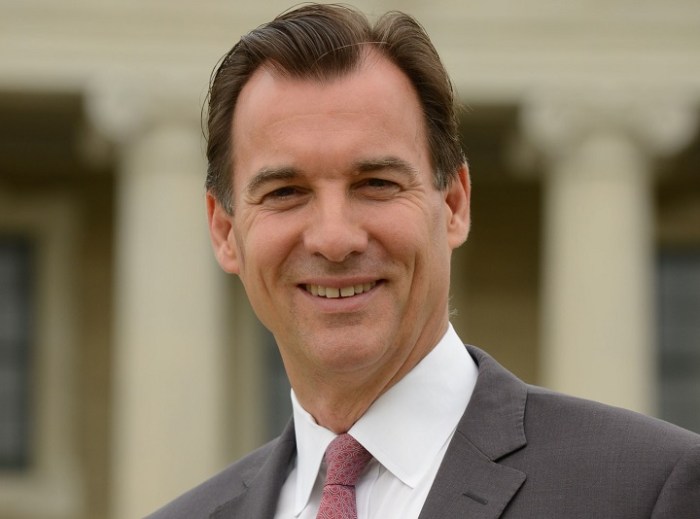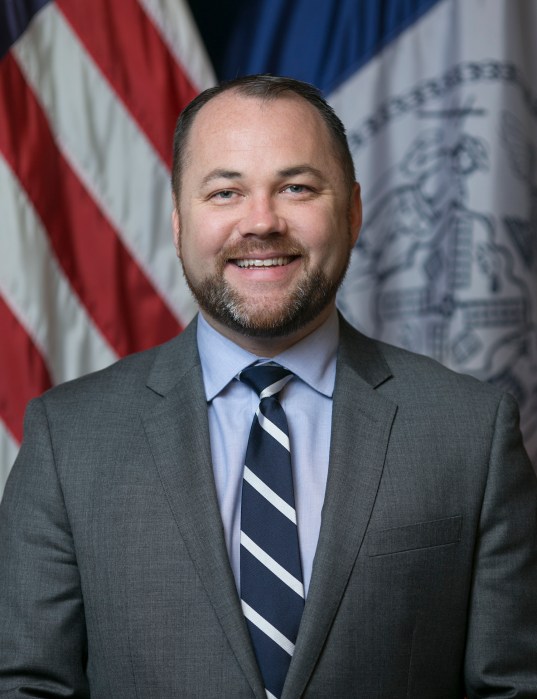Over the last year of campaigning, I have talked to thousands of my neighbors about the state of our community. One issue invariably comes up during these conversations: trash. Our wellbeing is dependent on our ability to keep our community clean, and I’ll tell you right now that we are not well.
When I think about cleanliness, I think about its connection to mental health. When a person feels depressed or anxious, tasks like doing the dishes or taking out the garbage are difficult. When I look around our communities and I think about wellness, I see depressed neighborhoods, depressed boroughs and a depressed city. Issues of wellbeing and quality of life are intersectional by nature. When a person is able to walk around a well-kept community, this impacts how they feel about their neighborhood, their fellow residents, and themselves. Lastly, clean and well-tended communities make neighborhoods safer. Improving trash pickup leads to safer streets.
Having garbage litter our streets and trash bags pile up on our sidewalks comes with cascading quality of life and structural consequences. On the quality of life level, residents have to deal with awful smells and an exploding rat population. Excessive trash yields a general degradation of civic pride. When a neighborhood has trash everywhere, it’s hard to remain proud and engaged in the neighborhood. Waste also creates multiple public health challenges for communities, which are most severe for the predominantly Black and Brown neighborhoods where the vast majority of NYC’s trash is still processed.
Despite claims from my Republican opponent that trash services have gotten better in Council District 32, they have in fact gotten worse. Over recent years, the city has removed over a thousand trash cans throughout the five boroughs. Queens has less than HALF the litter baskets that Manhattan does, despite the fact that we have a half million MORE people. Even within Queens, litter baskets are not evenly distributed; our district has the second fewest number of trash cans in the borough. Ozone Park, South Ozone and Howard Beach have a combined total of 158 trash cans. Compare this to Jamaica’s 502 cans or the 369 cans in Astoria and it becomes clear that the trash infrastructure in our district is falling behind.
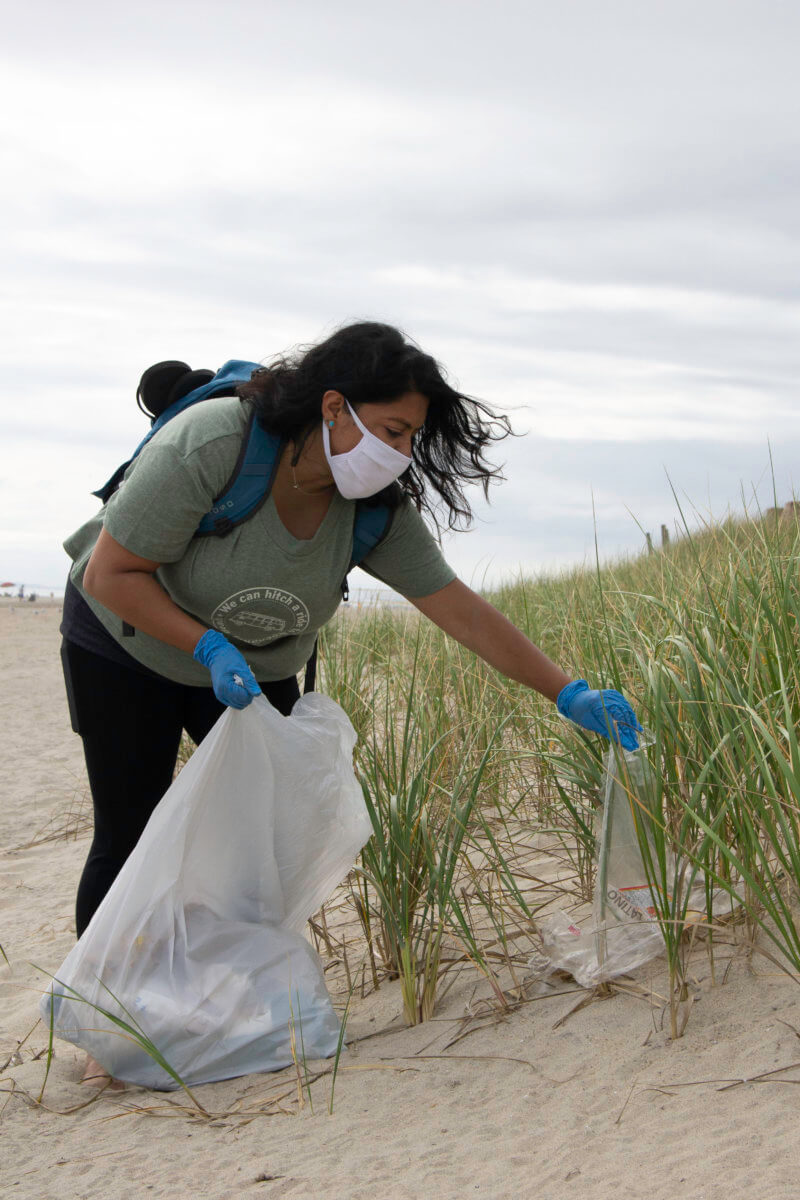
At the most basic level, to ensure our communities are kept clean, we need a fully funded Department of Sanitation (DSNY). In 2020, City Council approved a budget that cut $106 million from DSNY. This resulted in a 60 percent reduction in litter basket pickups, the near total suspension of compost collection, less street cleaning and fewer weekday residential pick ups. To make matters worse, the reduction in service coincided with increased residential trash volume, since many of us were working from home. Fortunately, in the most recent budget, many of the programs that had been cut were restored. Regardless of the financial circumstances, when I am elected, I will always fight for a fully funded DSNY.
Often, our most critical social issues provide us with nearly unprecedented employment opportunities. I see trash as one such area. My campaign team and I regularly attend volunteer community clean-ups. While I’m glad community members feel inspired to help out, we cannot rely on the goodwill of volunteers to clean our neighborhoods. These services should be guaranteed by our city government to all neighborhoods, and people should be paid for their labor. The 10,000 jobs promised through the nascent Clean Up Corps program is a good place to start; this is a program I would fight to continue.
Furthermore, the cans we have are entirely inadequate; we need to think about the kinds of trash cans that make sense. Ozone Park gets its name from the fact that we’re a basin for wind from the ocean. Open trash cans from Ozone Park all the way to the Rockaways make no sense because trash will literally be gone with the wind!
We must also work to become a zero waste city, to overcome the structural challenges that our trash system presents. Currently, the vast majority of our trash is sent to landfills. This has economic, environmental and justice-related consequences.
The most obvious place to start to achieve our zero waste goal is to remove organic waste from our waste stream. Organic waste makes up about one third of NYC’s trash. The financial, climate and justice-related implications of composting organic material instead of sending it to landfills is hard to overstate. It needs to be the work of the incoming city government to expand our composting services to every New Yorker, school and institution.
From an economic standpoint, we spend $409 million per year trucking our trash to states as far off as South Carolina and Kentucky. Every pound of trash we divert away from landfills is one less pound we have to pay for. San Francisco is able to divert 80 percent of their trash from landfills. By comparison, we divert 17 percent. We must do better.
The climate implications of diverting our trash are increasingly urgent. Organic waste that ends in landfills emits over 4 billion pounds of greenhouse gases per year. Removing that organic matter from landfills would be the climate equivalent of removing nearly 400,000 cars from the road.
From a justice perspective, even with recent legislation, the majority of our trash is processed in working-class neighborhoods of color. In addition, the landfills where the trash ends up are often environmental justice communities around the East Coast. We are among the most wasteful cities in the world, which ends up disproportionately affecting many Black and Brown communities around the city and the Eastern Seaboard who often bear the brunt of our inequitable garbage infrastructure.
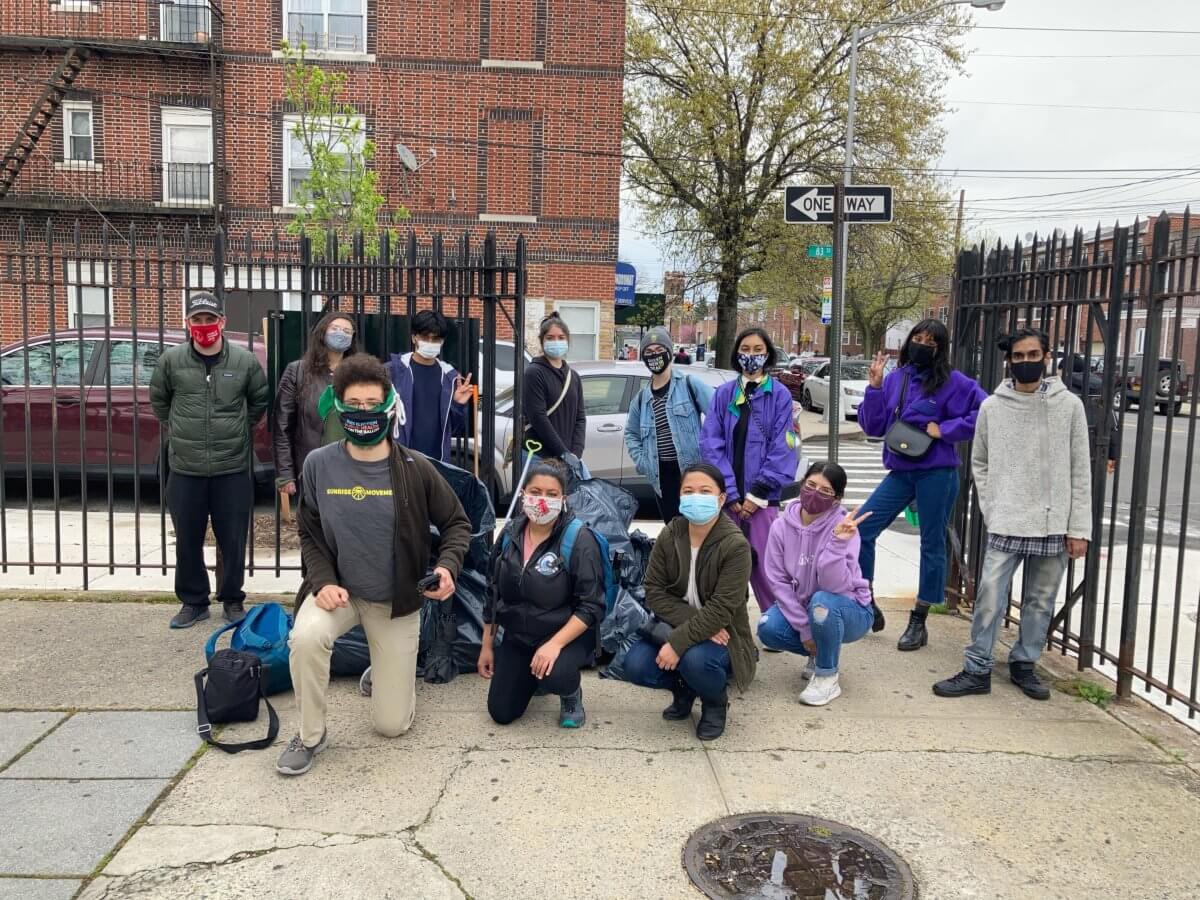
The list of ways to alleviate our trash challenges is long. The list of benefits of overcoming these challenges is even longer. When elected, I’ll be fighting for a fully funded DSNY, city wide composting and equitable trash infrastructure to ensure that we build a city centered on wellbeing.
Felicia Singh is a teacher and the Democratic nominee for New York City Council District 32 in Queens. Follow her on Twitter @FSingh_NYC.

